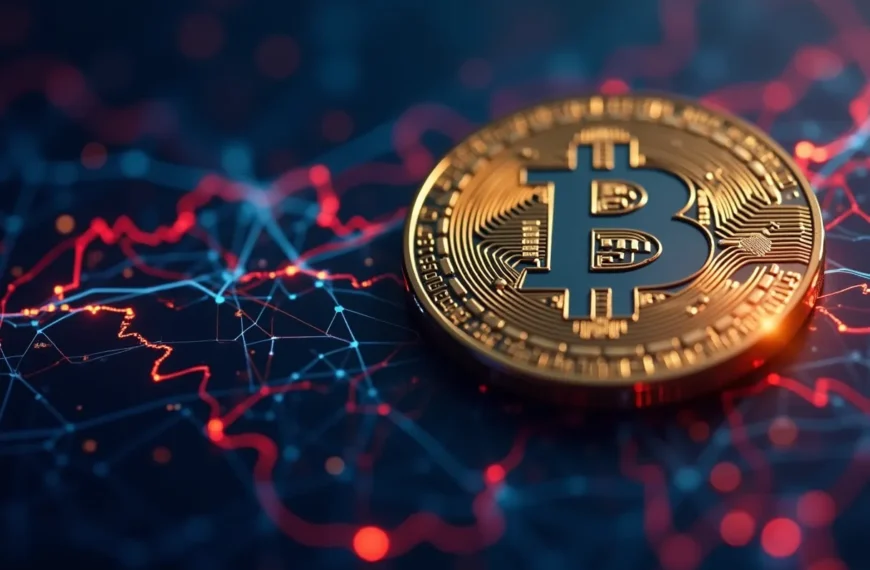Understanding the XRP Lawsuit and Its Recent Developments
In a significant development in the ongoing legal battle between Ripple Labs and the United States Securities and Exchange Commission (SEC), a federal judge has recently rejected a joint request from both parties to conclude the lawsuit surrounding XRP, Ripple’s digital asset. This ruling has substantial implications not only for Ripple but also for the broader cryptocurrency market.
The Background of the XRP Lawsuit
The XRP lawsuit began in December 2020 when the SEC filed a lawsuit against Ripple, alleging that the company had conducted an unregistered securities offering by selling XRP, which the SEC views as a security rather than a currency. Ripple has consistently contested this classification, arguing that XRP is a digital currency and should not be subject to the same regulations that apply to securities.
The ongoing legal dispute has been closely monitored by the cryptocurrency community, as it could set a precedent for how other digital assets are treated under U.S. law. The outcome of this case could potentially reshape the regulatory landscape for cryptocurrencies.
Key Points from the Recent Ruling
In a recent order, Judge Analisa Torres of the Southern District of New York stated that the request to dismiss the case was premature. Here are some key points regarding the ruling:
Reactions from Stakeholders
The decision has elicited varied reactions from stakeholders within the cryptocurrency community. Here are some notable perspectives:
Implications for the Cryptocurrency Market
The ongoing lawsuit has broader implications for the cryptocurrency market. A few key points to consider include:
What’s Next for Ripple and the SEC?
As the legal proceedings continue, both Ripple and the SEC will likely engage in further legal maneuvers. Some potential next steps include:
Conclusion
The rejection of Ripple and the SEC’s joint request to end the XRP lawsuit marks a pivotal moment in the ongoing legal saga. As both parties prepare for the next phase of the litigation, the cryptocurrency community watches closely, aware that the outcome could have far-reaching consequences for the entire industry.
Ultimately, this case underscores the need for clear regulatory frameworks that can adapt to the rapidly evolving landscape of digital assets. As Ripple continues to fight for its position, the broader implications of this lawsuit will undoubtedly shape the future of cryptocurrency regulation in the United States and beyond.
As developments unfold, it’s crucial for investors and stakeholders to stay informed about the legal landscape surrounding cryptocurrencies to navigate these turbulent waters effectively.






